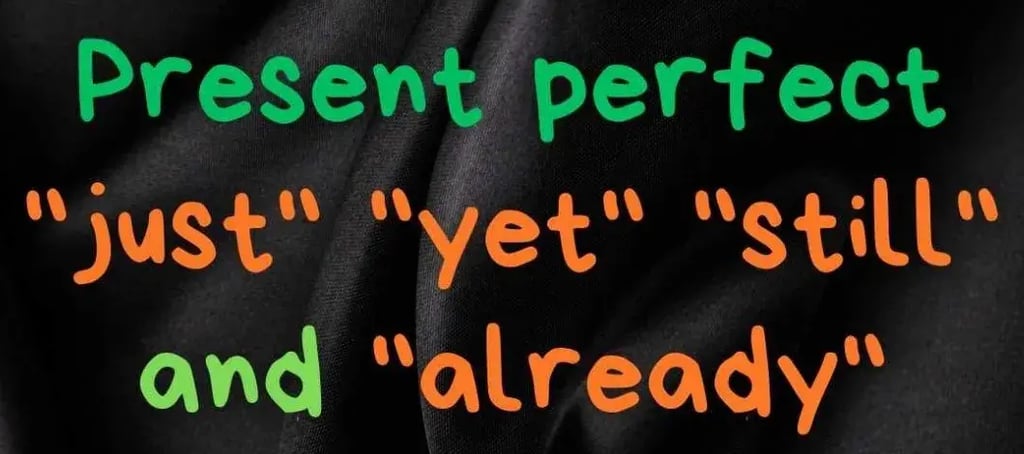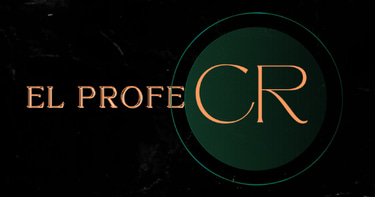
Present perfect: "just" "yet", "still" and "already"
B1-B2 GRAMMAR
2 min read


Do you know how to use just, yet, still and already with the present perfect?
Look at these examples to see how just, yet, still and already are used.
I've just seen Sai. He's really enjoying his new job.
We haven't decided what to do yet.
I still haven't called Yumi to see how she is.
I've already had lunch but I'll join you for coffee.
Explanation
We often use just, yet, still and already with the present perfect because they are related to the present moment. This page focuses on the meaning and use of these words when they are used with the present perfect.
Yet, still and already can also be used with other tenses. "Just" is usually used with the present perfect tense and it means "a short time ago".
just
Just used with the present perfect means 'a short time before'.
I've just seen Susan coming out of the cinema.
Mike's just called. Can you ring him back, please?
Have you just taken my pen?!
Just comes between the auxiliary verb (have/has) and the past participle.
yet
Yet used with the present perfect means 'at any time up to now'. We use it to emphasise that we expect something to happen soon. Yet (in this context) is only used in negative sentences and questions.
Have you finished your homework yet?
I haven't finished it yet. I'll do it after dinner.
A. Where's Sam? B: He hasn't arrived yet.
Yet comes at the end of the sentence or question.
still
Still used with the present perfect means that something hasn't happened. We use it to emphasise that we expected the thing to happen earlier. Still (in this context) is only used in negative sentences.
I've been waiting for an hour and the bus still hasn't come.
They promised me that report yesterday but they still haven't finished it.
She still hasn't replied to my email. Maybe she's on holiday.
Still comes between the subject (the bus, they, etc.) and auxiliary verb (haven't/hasn't).
already
Already used with the present perfect means 'before now'. We use it to emphasise that something happened before something else or earlier than expected.
I've already spent my salary and it's two weeks before payday.
He wanted to see Sudden Risk but I've already seen it.
The train's left already!
Already can come between the auxiliary and the main verb or at the end of the clause.
Sobre nosotros
El Profe CR busca ayudar a aquellas personas que deseen desarrollar las habilidades que hoy en día las empresas requieren de cada candidato(a) con y sin experiencia laboral.
©2025 Todos los derechos reservados.
